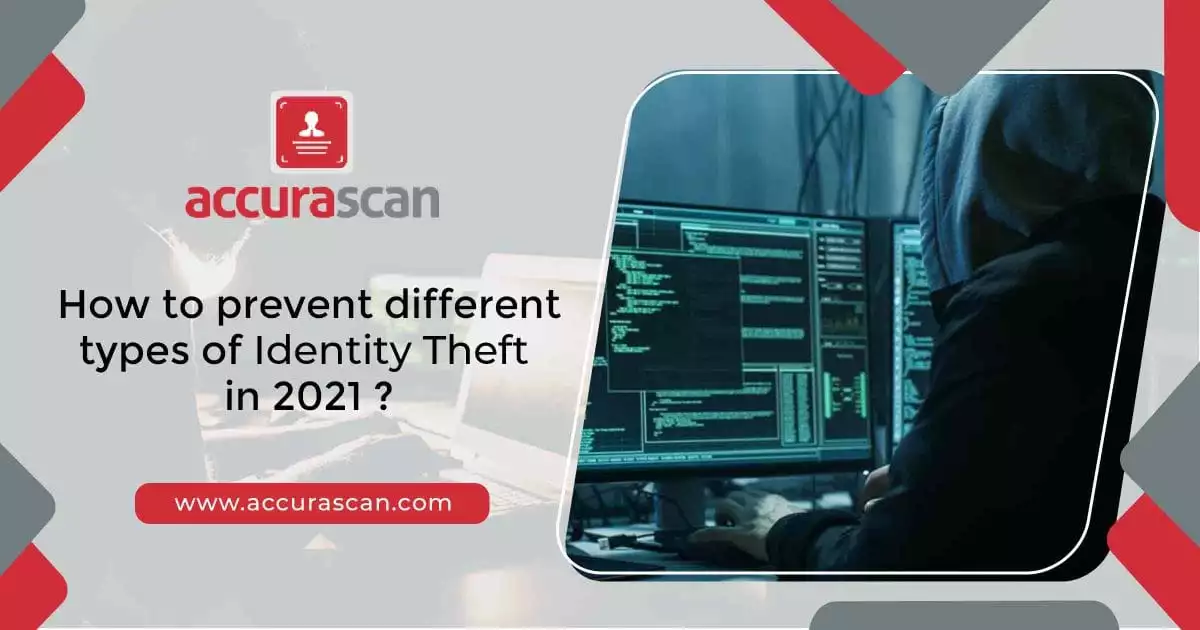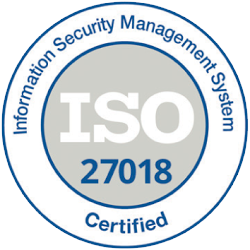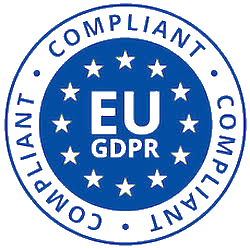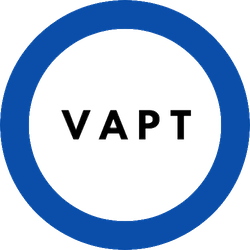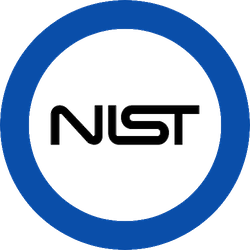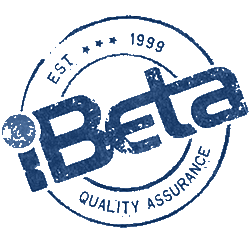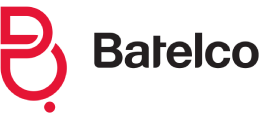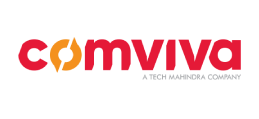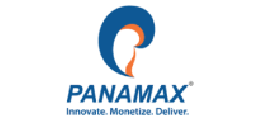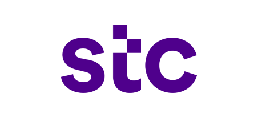For the uninitiated, identity theft is a serious crime. It is not something that most people encounter in their life, but the ones that do, are taken for a spin. Their identity includes their name, bank accounts, social security number, credit scores, and whatnot. All these are essential in today’s world for someone, and now, imagine these falling into the hands of a criminal – the possibilities are endless.
Luckily, there are some proactive ways that you and your employees can adapt to prevent such mishaps.
Preventative measures:
- Disclose only what is necessary
Let’s start with the most vulnerable source of information: ourselves! Never expose your personal information to someone that cannot be trusted. It might be a co-worker, someone you met at the train station, or even your neighbor in the building. Don’t share information that is not needed, and even if the situation presses for small talk, think before you speak.
- Reviewing commercial/business banking agreements
Unlike consumer banking accounts, business / commercial bank accounts come under the UCC (Uniform Commercial Code), where the businesses have lesser protections, a shorter period to report, and a higher liability for fraud. Apart from that, individual banks can disclaim certain obligations by bringing changes in their commercial banking agreements or shorten the time to report a theft. So, it is essential and is advised to know your banking agreements as they can have a stark effect on your business.
- Security against fraudulent electronic transactions and wire transfers
Electronic transactions and wire transfers are serious threats to any business. Someone with a spyware program or your credentials could easily initiate fraudulent transfers. One method that can be used to curb this is implementing dual controls (two-factor authentication) that requires approval from two parties for outgoing transfers. If a fraudulent third party initiates a transfer, the additional authorizer can revoke the transfer from being approved. Some institutions offer multi-factor authentication. For a transaction, it requires multiple people’s approval and multiple methods of approval as well, such as fax, email, and telephone.
- Monitor your accounts daily
Reviewing your account frequently will help you identify an identity theft and a fraudulent transaction quickly and prevent you from facing unwanted losses. Online banking becomes useful in such situations as they allow you to view your transactions whenever you want. Many banks also provide services such as email and text alerts whenever an activity in your account is detected. If something looks suspicious, you can quickly take the necessary actions. Also, by making the transactions online, you steer clear of the risk of getting mailed paper statements, which can pose a threat to the security of your identity and confidential information.
- Securing your supplies
Check the stock, the deposit slips, and endorsement stamps, and all other related documents, and keep them locked away in a secure location with high-priority clearance levels. Limit the number of people with access authorization to a bare minimum, and invest in better technologies such as facial recognition and retina scan.
- Online Websites and Transactions
The amount of phishing attacks on everyday websites and banking sites is constantly increasing. One way your identity can be stolen is through ‘cookies’. These ‘cookies’ store your personal and financial data, such as user credentials and passwords. By exploiting them, one can gain access to your online identity and thus do you harm. To prevent this, always use a VPN (Virtual Private Network) while performing log-ins and transactions. Invest in a good VPN service for your safety. Clear cookies after every online/computer session. Switch to better browsers that don’t use as many cookies, that keep your activity on the internet confidential, and help you keep your anonymity. Change system passwords regularly, and do not keep the same password everywhere. Do not log into your business banking accounts from public Wi-Fi hotspots; they may be unguarded, and a thief can easily access your data.
- Educate your employees
Thieves might approach unsuspecting employees. While we encrypt all necessary data and establish policies and procedures, it is equally important to train the employees to operate the newly adopted technological changes. One segment that can be included in their training can be how to report any anomalous or malicious activity detected by any user.
Identity theft is a serious crime and should be dealt with as soon as you notice some unusual activity taking place under your name. At Accurascan, we provide you with the best identity verification services available on the market. We provide you services that you can seamlessly integrate into your personal lives and business models to protect your valuable information.

